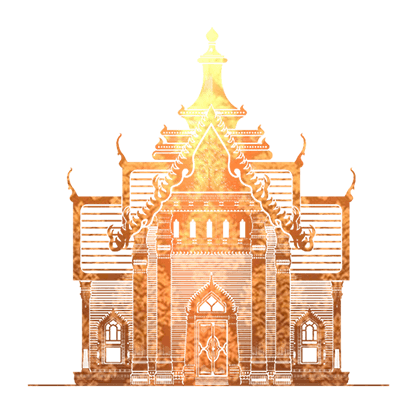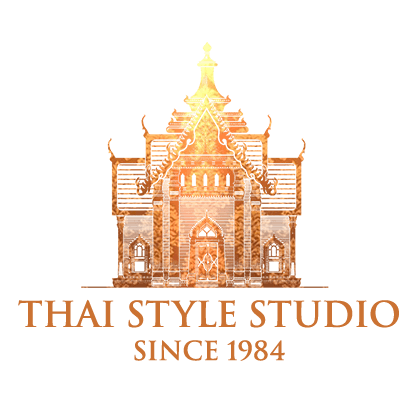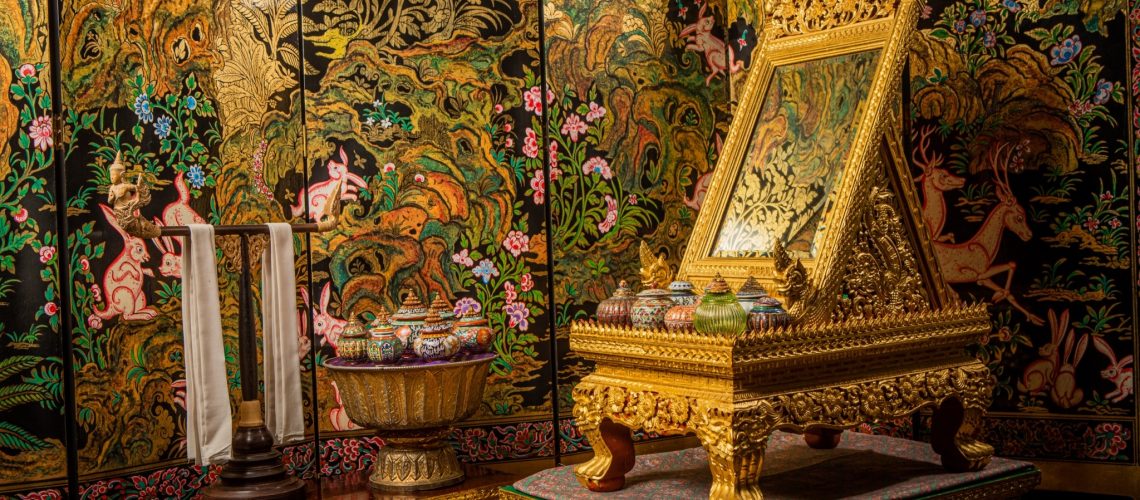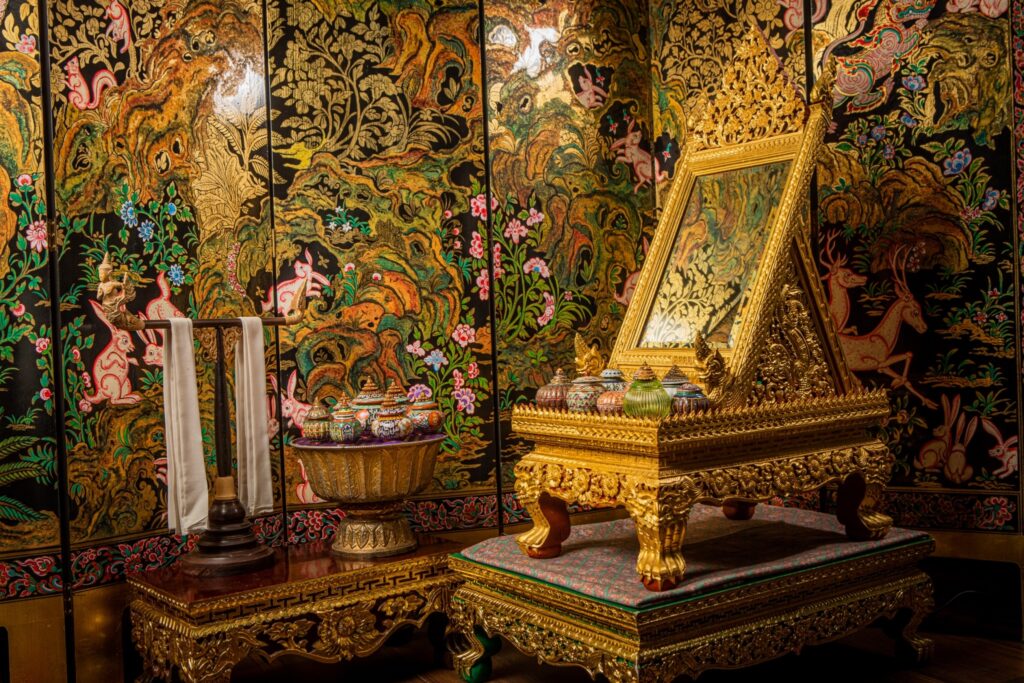
The ancient manner of ways people can look at oneself were in a form of shadow on the still water, then on the reflective surfaces of several shining minerals. The mirroring plate itself may not be as convenient to use, the handle for this tool was then introduced. The historical Thai term for mirror is ‘Kan-Chong’. The term is the combination of two words – ‘Kan’ refers to the handle and ‘Chong/Song’ which means to look into.
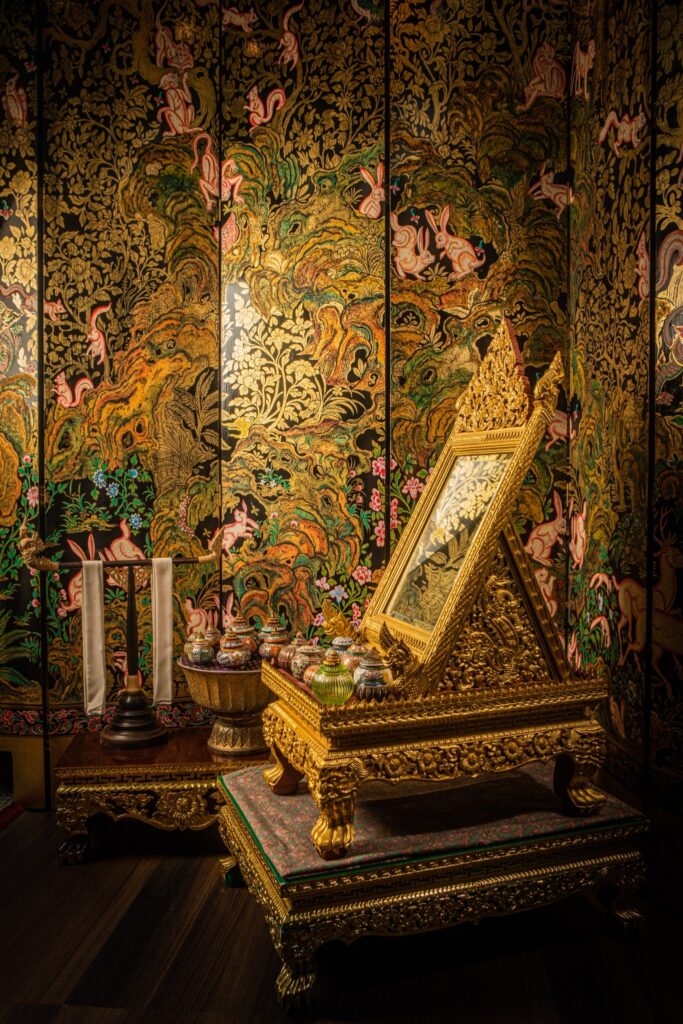
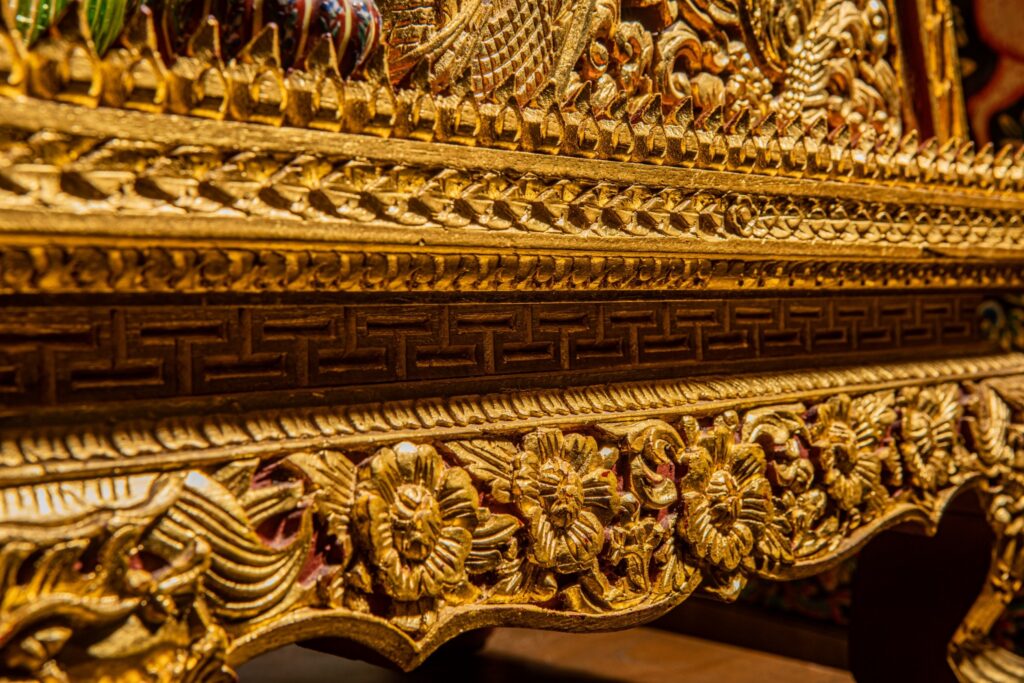
Mirrors are speculated to be more common in the ancient Egyptian and Persian civilization and got their reputation of craftsmanship for creating one of the most exquisite mirrors, exported all the way to India, Nepal, Tibet, China to Thailand, and Myanmar. The old mirror exhibited in Nepal’s national museum was a body made of gold, and the handle made of ivory carved the sculpture of Narayana on Garuda. In Chinese culture, the mirror were made to be more simple, smaller, and compact bronze.
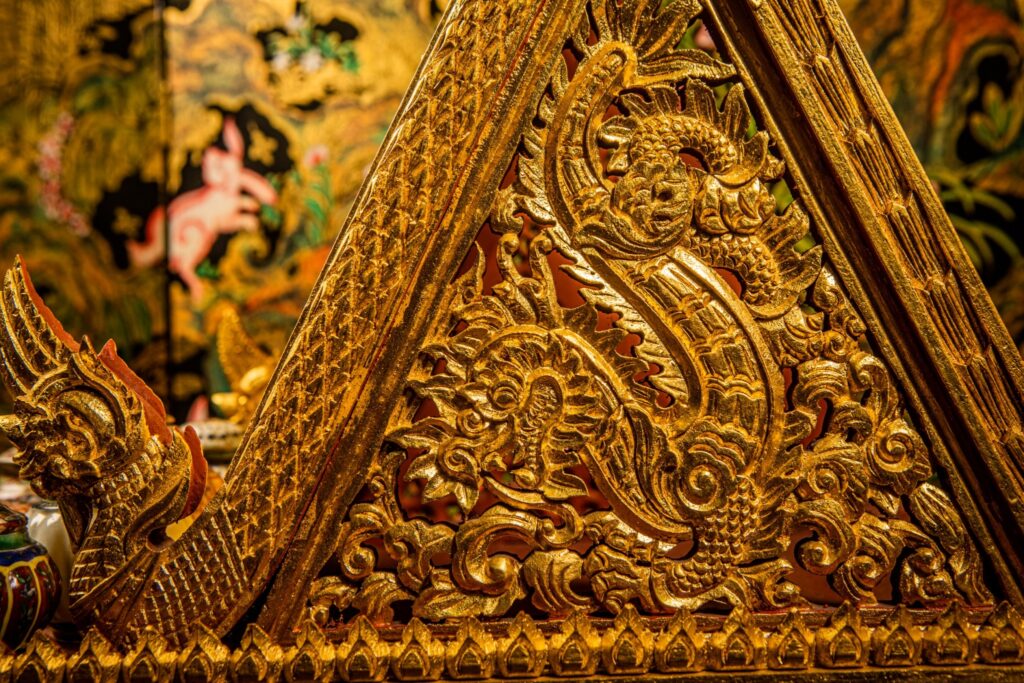
The mirror were introduced and widely known in Thailand in the late Ayutthaya, during the reign of King Narayana the Great. The body of the mirror is mostly made of bronze.
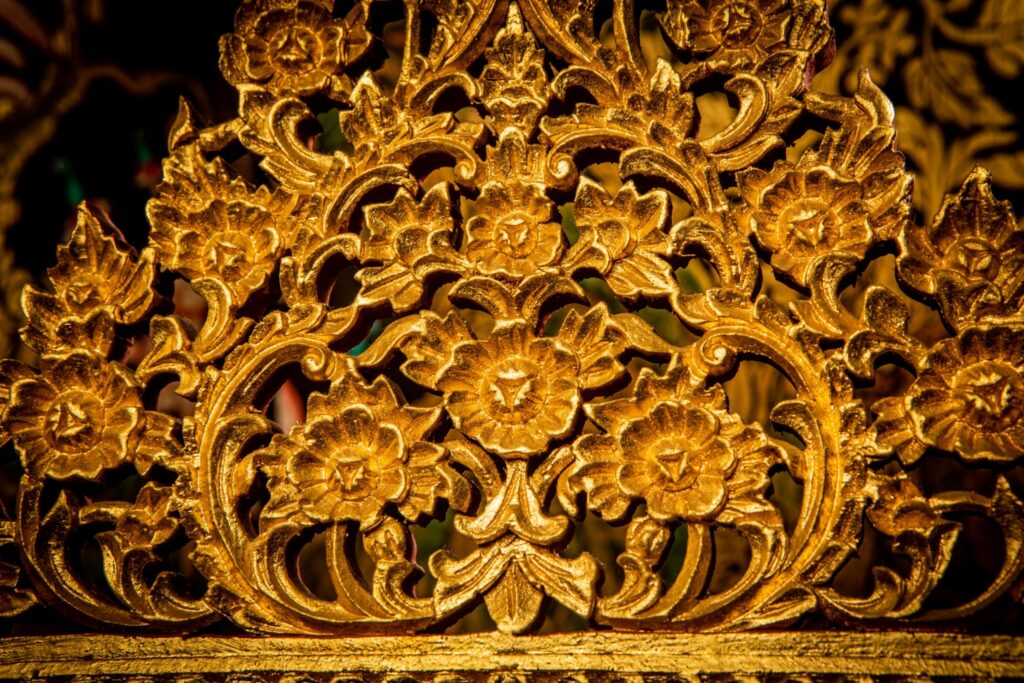
Long Mirror

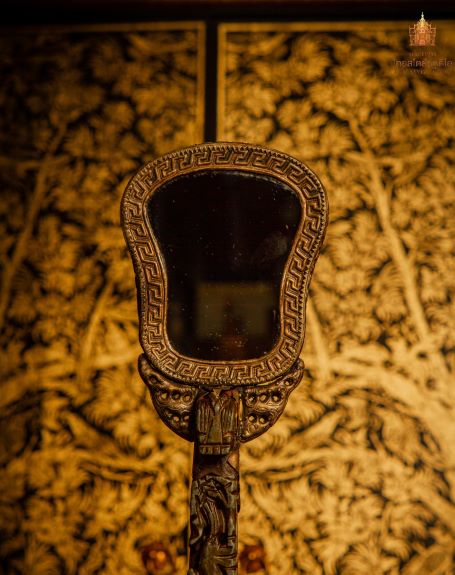
As mirrors gained more popularity, it began to be developed into all shapes and sizes. The mirror were no longer the reflective plate with the handle but made into the wider, lengthy plate of mirror that could reflect full body reflection.

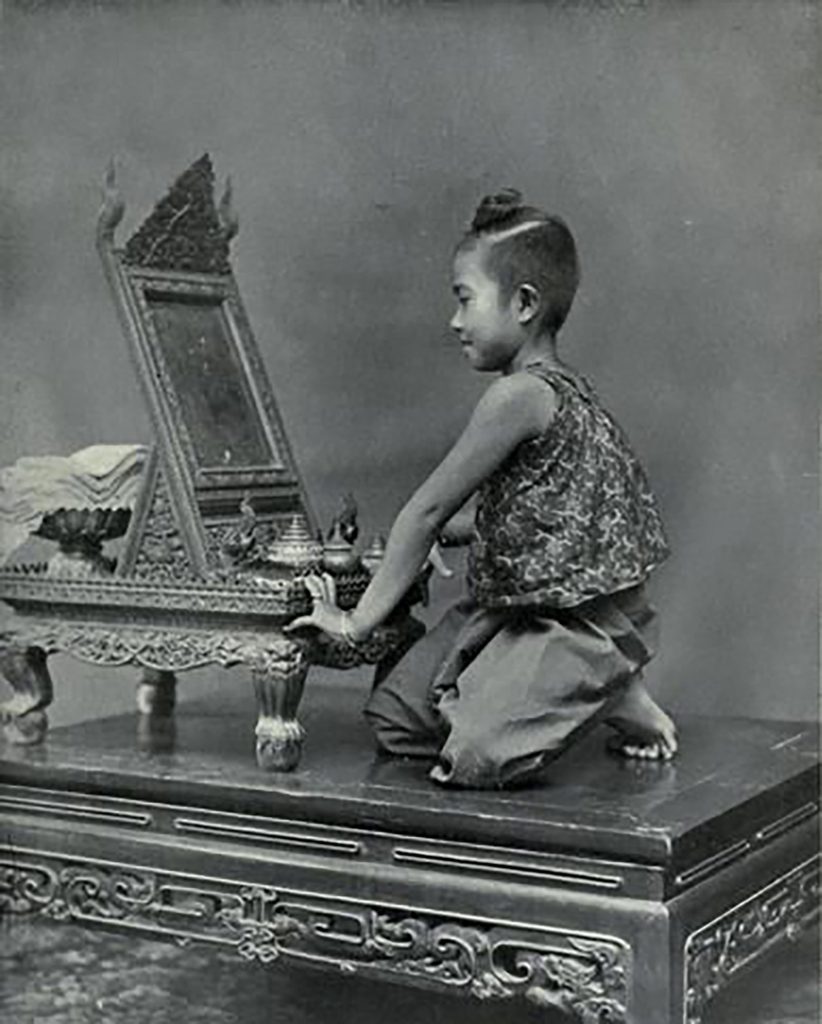
If ‘Kan-Chong’ is to refer to the mirror with handles made of exquisite minerals, it may have been considered rare and belongs to the museum. The general terms refer to any shape of mirror then transform from ‘Kan-Chong’ (mirror with handle) to just ‘Kra-Jok’ (mirror) for the more general usage of the tools.
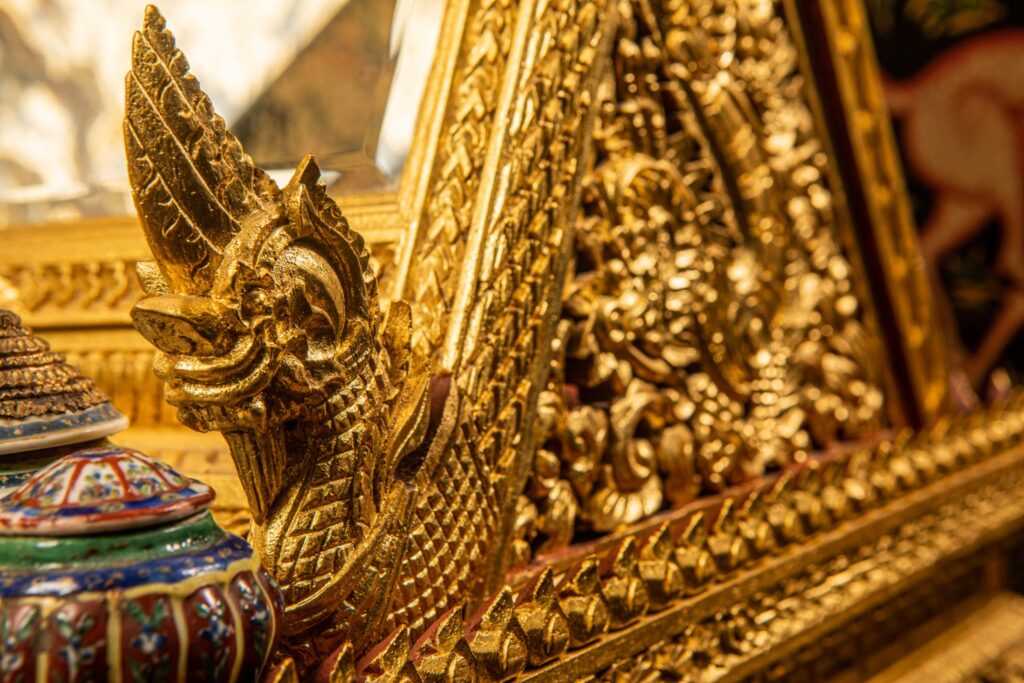
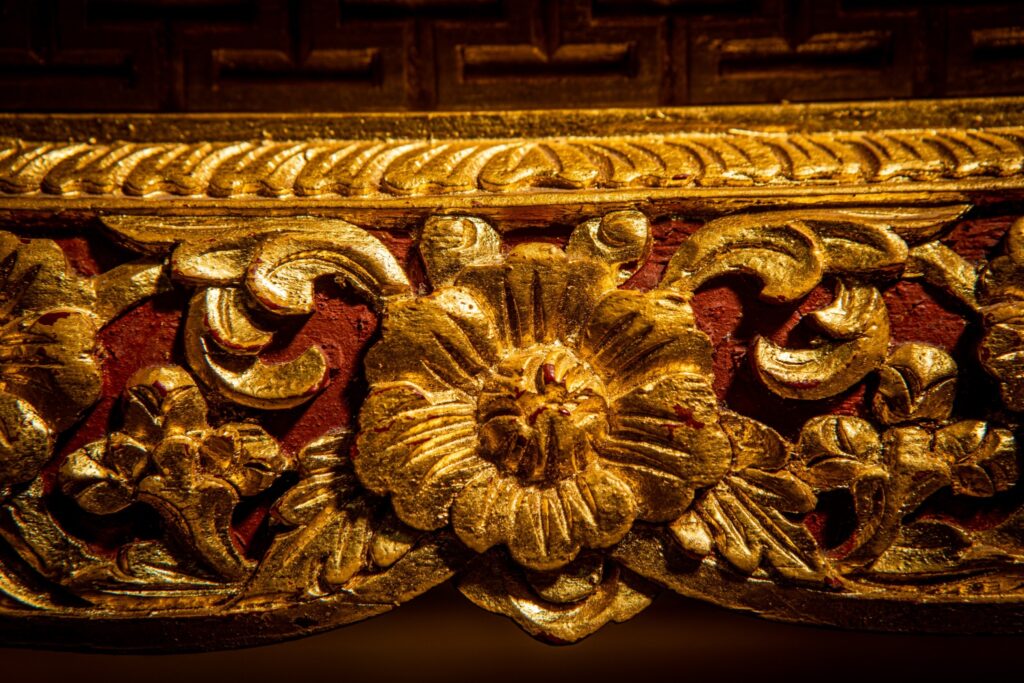
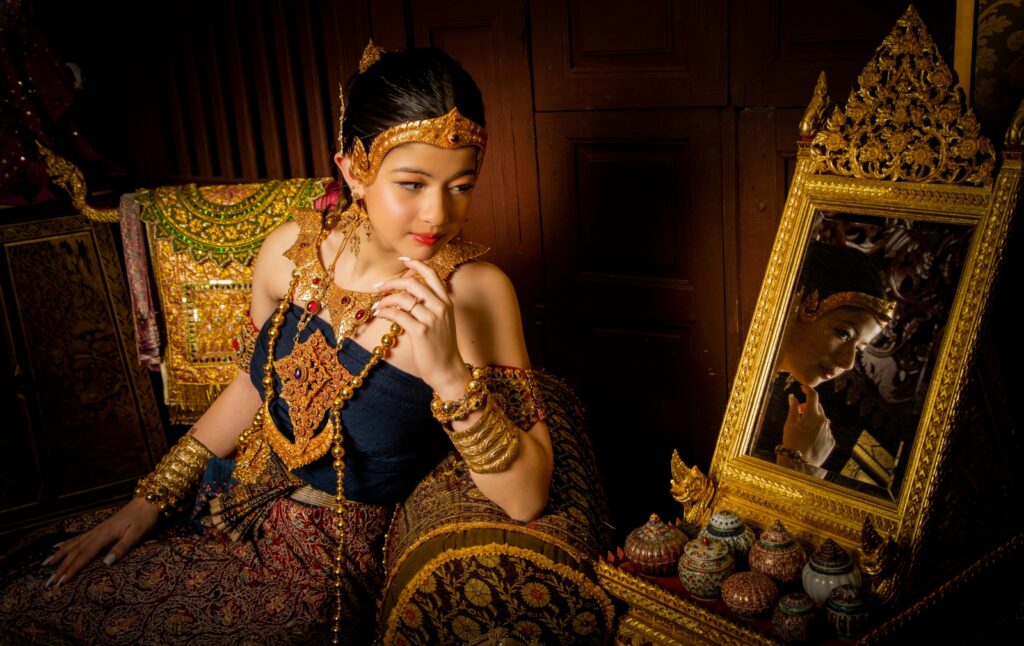
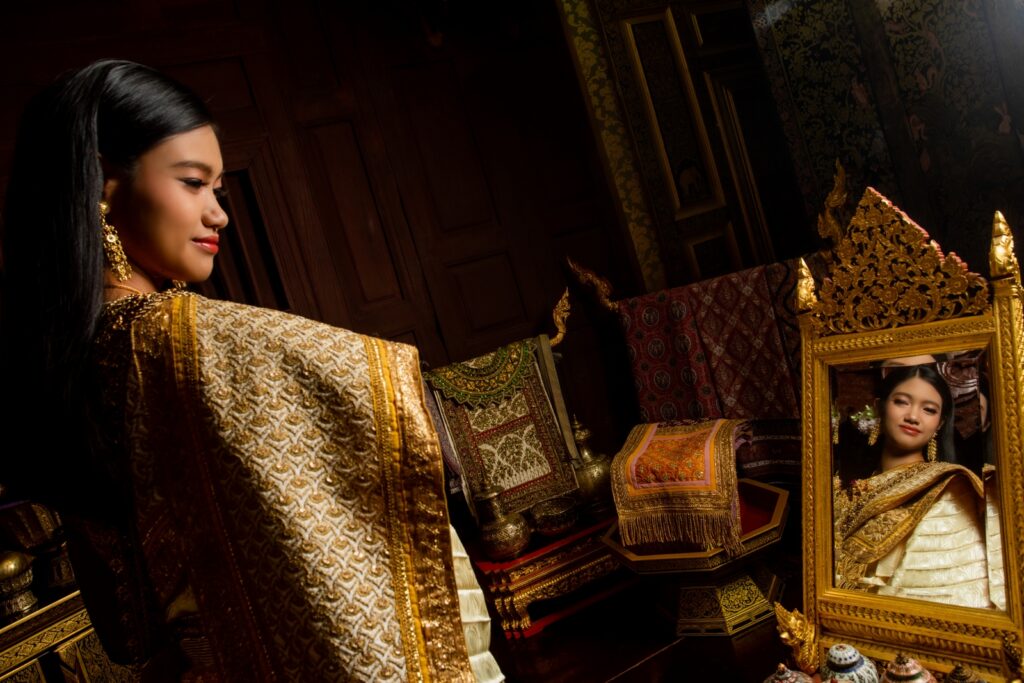
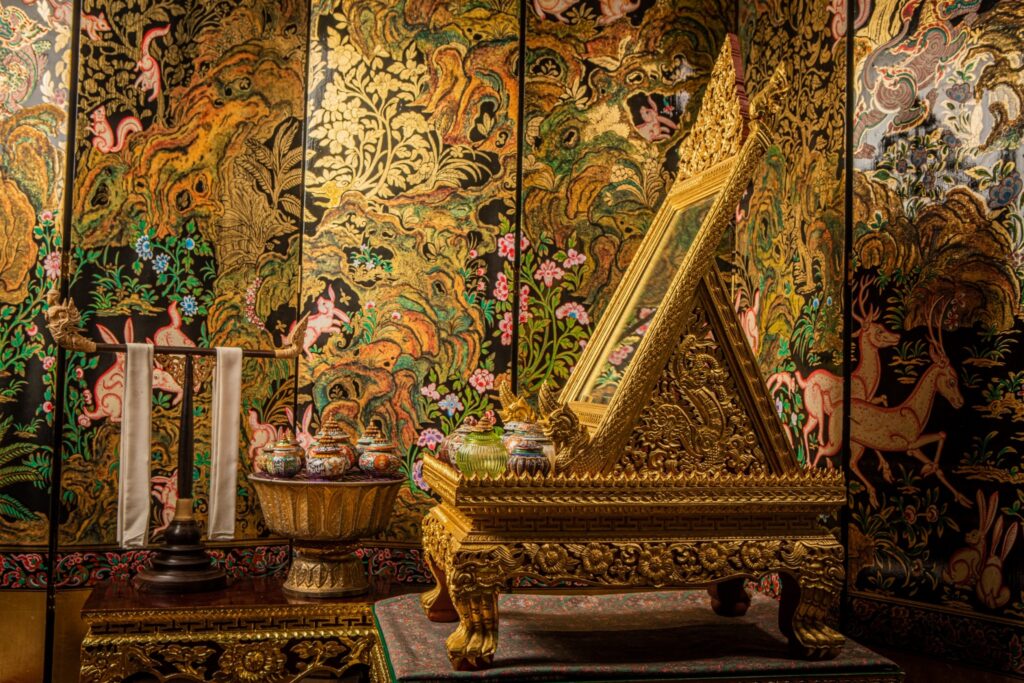
TRULY THAI AUTHENTIC YOU CAN BE
>>ติดตามเรื่องราวความเป็นไทยอย่างใกล้ชิดที่ Thai Style Studio<<
เพราะเราเชื่อว่า “มากกว่าความรู้สึก คือ การได้สัมผัสประสบการณ์ความเป็นไทยด้วยตัวคุณเอง”
